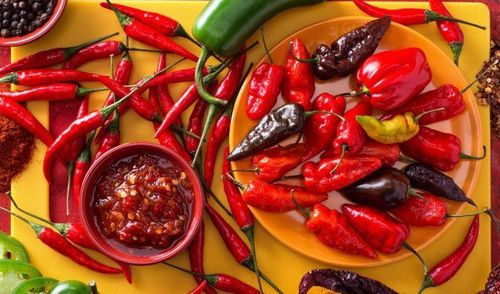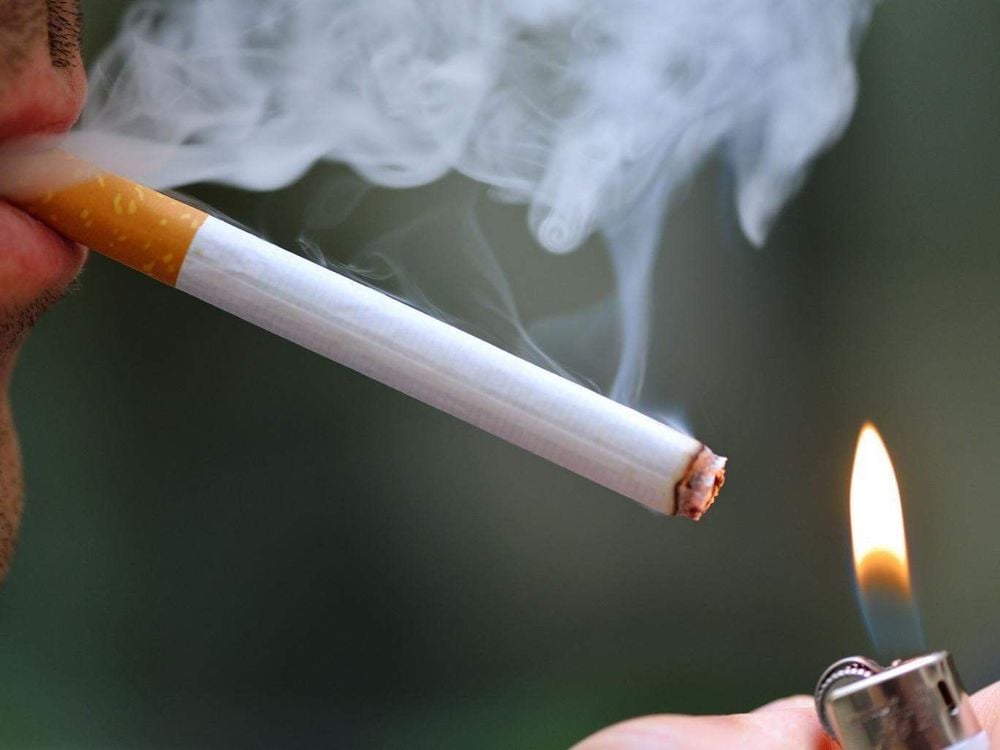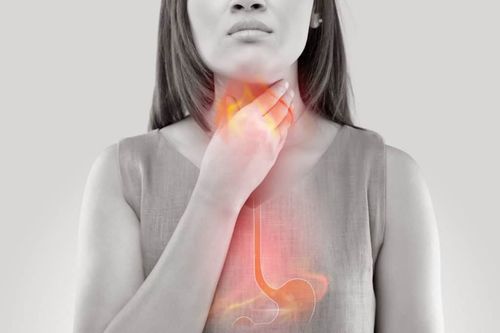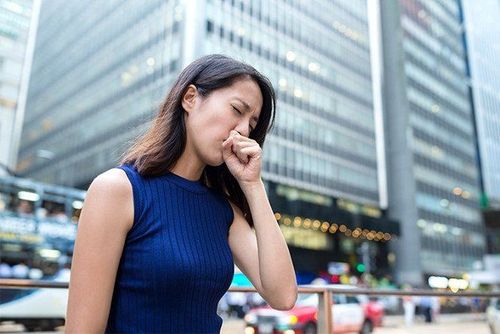This is an automatically translated article.
Posted by Doctor Mai Vien Phuong - Department of Medical Examination & Internal Medicine - Vinmec Central Park International General Hospital.
1. High-fat foods and chocolate
High-fat foods and chocolate are indicated empirically as foods that can reduce lower esophageal sphincter pressure or prolong gastric emptying time; however, no discontinuation trials have evaluated the impact on GERD outcomes.
2. Spicy food
Heartburn can be aggravated by spicy foods by directly irritating the already inflamed esophageal lining. In particular, Nebel et al. describe that 88% of patients cited spicy foods as the cause of their heartburn. Orange juice was associated with GERD symptoms even when orange juice infusion did not change lower esophageal sphincter pressure.
3. High-fat meal
In a cross-sectional study of patients followed up in Veterans Affairs health care facilities, a high-fat diet was associated with an increased risk of gastroesophageal reflux disease and erosive esophagitis. However, several other studies reported conflicting data showing that a high-fat diet had no effect on transient lower esophageal sphincter relaxation or esophageal acid exposure. Although it is unclear whether calorie density contributes to esophageal symptoms and acid exposure, a recent randomized study including a small group of patients found that acid exposure in the esophagus is high. than when eating a high-calorie diet (1000 kcal versus 500 kcal) and reflux symptoms were affected by fat content but not by density.
4. Carbonated drinks
Carbonated beverages were associated with promoting GERD symptoms by reducing lower esophageal sphincter pressure and were found to predict GERD symptoms in a multivariate analysis.

5. Coffee
Coffee has been reported to cause reflux episodes. A case-control study in Norway reported a negative association between gastroesophageal reflux disease and coffee (odds ratio [OR] 0.5; 95% confidence interval [CI] 0.4) –0.6) between subjects who drank 4–7 cups per day compared with those who did not drink coffee.
6. Eat a lot of fiber
In the same study, dietary fiber consumption was found to be a protective factor. In a cross-sectional population-based study, consuming bread and fiber at least two meals per day reduced reflux symptoms by 50%. Similarly, in another cross-sectional study, high fiber intake was associated with a reduced risk of GERD symptoms. The mechanism by which fiber is associated with reduced risk is unknown, but increased gastric secretion may be a plausible hypothesis.
7. Generous habits: smoking and drinking
Very little data are available for liberal habits such as smoking and drinking. Smokers have an increased incidence of reflux symptoms compared with non-smokers. Nilsson et al revealed, in a multivariate analysis, that among people who smoked daily for more than 20 years, the risk of reflux increased significantly by 70%, compared with those who smoked daily for less than 20 years. full one year (OR 1.7; 95% CI 1.5–1.9).
A link between smoking and prolonged acid exposure has been examined, reduced lower esophageal sphincter pressure and decreased salivation, and decreased esophageal acid clearance. However, pH measurement did not report an increased duration of esophageal acid exposure in smokers compared with non-smokers despite prior experience of increased reflux episodes. Overall, there are inconclusive data on the effect of smoking cessation on GERD outcomes.
8. Alcoholic Beverages
Alcohol is considered to reduce the feeling of heartburn. Even with little data available, there was no difference in increased risk between large amounts of high-alcohol beverages such as whiskey and, and even moderate amounts of, beer or red wine and white.
However, when compared with red wine, white wine exposes more acid in the esophagus and reduces lower esophageal sphincter pressure more. Similar effects were demonstrated after drinking white wine and beer in patients with endoscopic evidence of reflux esophagitis and abnormal pH studies.
Please dial HOTLINE for more information or register for an appointment HERE. Download MyVinmec app to make appointments faster and to manage your bookings easily.
References:
Irene Martinucci, Nicola de Bortoli, Optimal treatment of laryngopharyngeal reflux disease, Ther Adv Chronic Dis. 2013 Nov; 4(6): 287–301. Altman K., Prufer N., Vaezi M. (2011) A review of clinical practice guidelines for reflux disease: towards creating a clinical protocol for the otolaryngologist. Laryngoscope 121: 717–723 [PubMed] [Google Scholar] Anderson J., Jhaveri M. (2010) Reductions in medications with significant weight loss with behavioral intervention. Curr Clin Pharmacol 5: 232–238 [PubMed] [Google Scholar] Bardhan K., Strugala V., Dettmar P. (2012) Reflux revisited: advancing the role of pepsin. Int J Otolaryngol 2012: 646901. [PMC free article] [PubMed] [Google Scholar]














